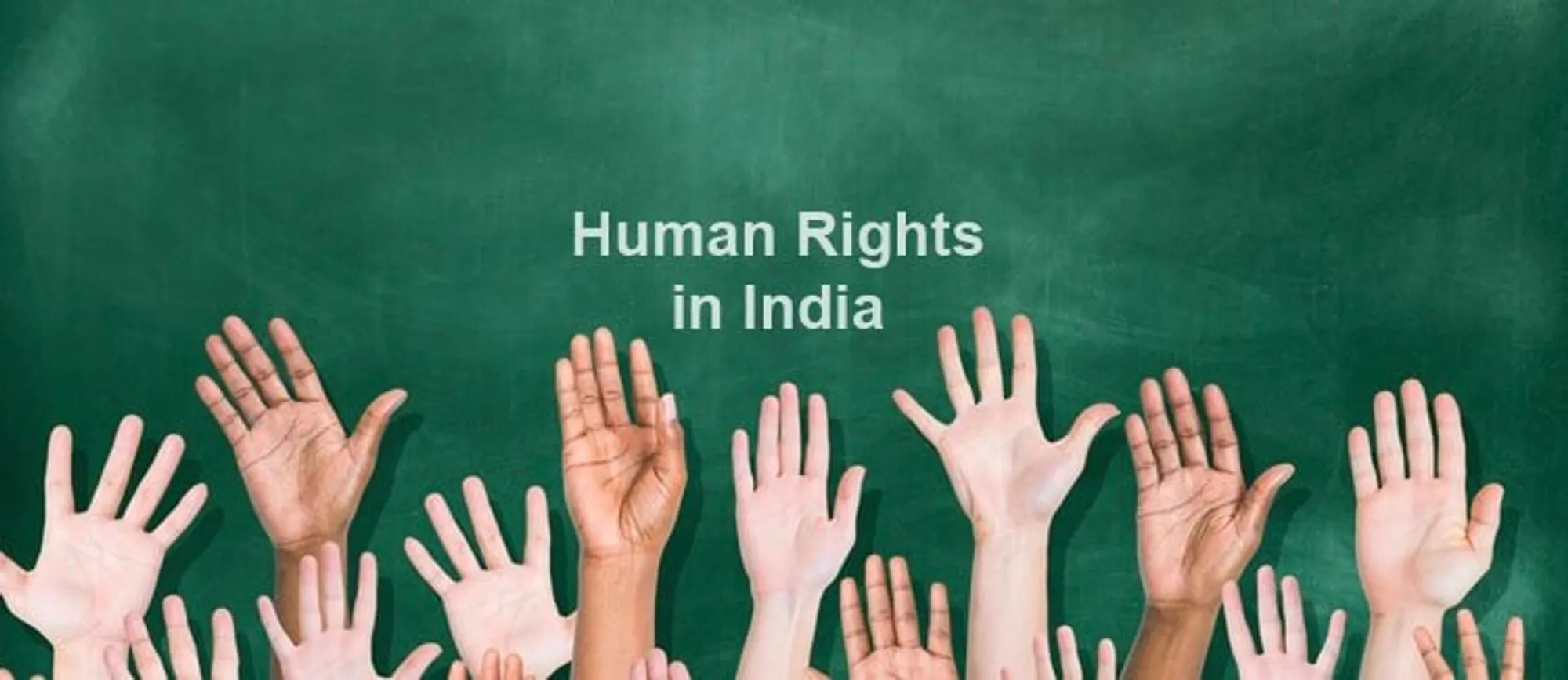Human Rights in our country have been a complex issue, which further gets complicated by factors such as the nations’ vast territory and population, there being a lack of proper education among the majority of citizens, poverty and the diverse cultures found here. The Constitution provides for the human rights in form of the Fundamental Rights, which empower the people including the freedom of religion, of speech and expression. But a limit on free speech and communal violence, often led by groups claiming to be supporters of BJP (Bhartiya Janta Party).
Table of Contents
Caste related issues
With passing time, the influence of caste system has started to decline in the contemporary India. However, this does not necessarily mean that communal riots and the disparity amidst citizens concerning the same have come to a complete end. It, thus, becomes the responsibility of our government to fully enact and apply legal provisions against such discriminations.
LGBT Rights
Same sex consensual sexual activity, which was decriminalized by the Delhi High Court in 2009 on grounds of being against the fundamental freedoms guaranteed under The Constitution, was again criminalized by the Supreme Court in a judgement in 2013. Currently, it is illegal under Section 377 of the Indian Penal Code. Though, over the last few decades people have acquired a higher level of tolerance for LGBT, especially in the metropolitan areas; yet most LGBT people fear coming out of the closet on account of the discrimination that they would face from their families and members of society who still see homosexuality as shameful.
Inequalities under Personal Law for Muslim Women
Even though the Constitution recognizes their fundamental rights formally, Muslim women face gender based inequalities in every aspect of the personal laws that govern them. It is because of these Personal Laws that enables the continuation of the practice whereby women are given a lower status as compared to men both at homes and in the professional field as well. There is a dire need of legal reforms to improve the situation, which is hard to achieve since whenever the question of a uniform code for all the family laws in the country rises, staunch supporters of religious traditions do everything in their power to uphold their traditional Muslim practices within the conformity of Islamic ideals and India being the democratic country that it is, is highly unlikely to see that day.

